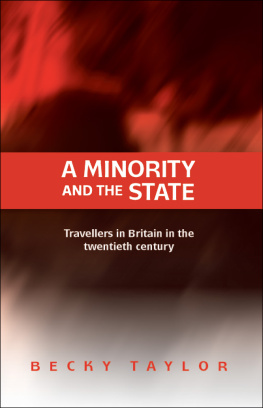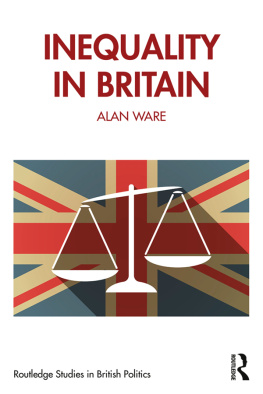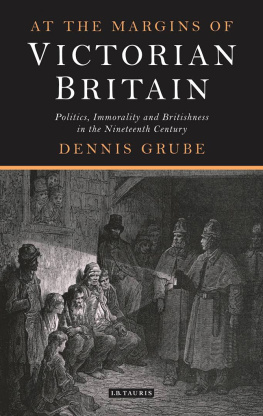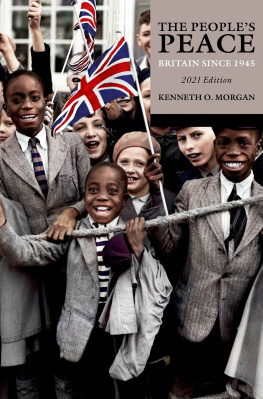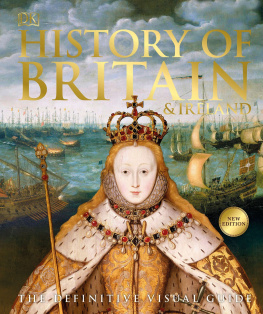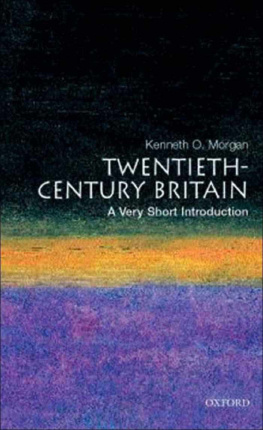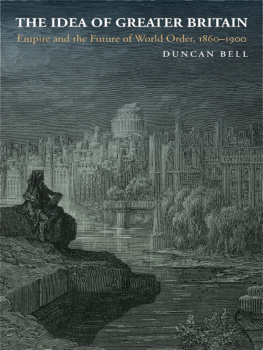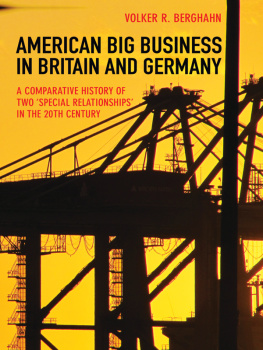About the Book
HOW SUCCESSFUL WAS BRITAIN IN THE TWENTIETH CENTURY?
This is the question Robert Skidelsky poses in this fascinating analysis of a century in which Britain lost an empire, fought two world wars, founded the welfare state and weathered economic turbulence and technological upheaval.
We are accustomed to judging nations by their success in increasing or maintaining power by these measures Britain has failed to thrive, but what of quality of life, prosperity, political, cultural, and moral values?
The British people are richer and healthier than in 1900. Despite cataclysmic events and some fraying at the edges, our society is more democratic and tolerant, and our constitution of liberty has been preserved, at a cost. But inequality of wealth incomes is much as it was before 1914, finance is scarcely less proud or industry more content, and history continues to be made by the elite.
Starting with an assessment of the material, political, cultural and moral resources Britain brought to the twentieth century, Skidelsky turns to how events and the actions of Lloyd George, Churchill, Thatcher and Blair impacted upon them, debating the nature of success, and what the future might hold for the country.
About the Author
Robert Skidelsky is Emeritus Professor of Political Economy at Warwick University. His three-volume biography of the economist John Maynard Keynes received numerous prizes, including the Lionel Gelber Prize for International Relations and the Council on Foreign Relations Prize for International Relations. He is the author of Oswald Mosley, The World After Communism, Keynes: The Return of the Master and (with Edward Skidelsky), How Much is Enough? He was made a life peer in 1991, is a member of the House of Lords Select Committee on Economic Affairs, and was elected Fellow of the British Academy in 1994.
To Michael Holroyd
British Overseas Territories in 2014
Contents
Preface
A much briefer version of this book was published as an essay in the multi-authored volume A World By Itself: A History of the British Isles (2010), edited by Jonathan Clark. For this standalone version I have more than doubled the length, added a chapter on the BlairBrown years, and rethought my treatments of culture and Thatcherism.
This is a work of analytic history. It is silly to believe that facts tell their own story. They are useless unless arranged and used to answer questions. This involves judgements about what is and is not important, and therefore opinions. Readers may well find my history opinionated. But my aim is to provoke thought, not tell it as it was.
There is a peculiar difficulty about writing contemporary history, which led traditional historians to eschew it entirely. We have not reached the last chapters of many of the stories we tell about ourselves; we may be nearer the start of most of them. That is to say, contemporary history is as much a matter of speculation as of knowledge. We know that the British Empire has ended for good. But what about religion? Or the welfare state? Or marriage? Or culture? In such matters, and many others, our current beliefs have caused us to embark on ways of life which would have been considered most strange by our precedessors, and of whose continuation we can have no assurance. It is always possible to interpret failure according to the old standard as success according to some new hitherto unforeseen standard. But a contemporary historian is not thereby absolved from making judgements about the contemporary world in the light of what he has learnt about the past. In fact the past is his only guide.
Contrary to much current fashion, this book is mainly history from above, because history is generally made from above. I see the British people as (somewhat rebellious) beneficiaries and victims of the actions and behaviour of the governing class. The best examples are the decisions for war in 1914 and 1939. These wars had more effect on twentieth-century British history than anything else. Neither was forced from below: both were a free choice of the ruling class, as was the much more recent war against Iraq. The most that can be claimed was acquiescence, buoyed by popular enthusiasm (in the case of the First World War) and determination (in the case of the Second) once the war had actually started. The welfare state is more complicated. On the intellectual side it was largely the brainchild of William Beveridge; but Beveridge was partly responding to a popular mood.
No hammer-and-anvil view of history can be unqualified. A governing class must always be responsive to the instincts and feelings of the governed, especially in a democracy. Nevertheless, even in a democracy, the ruling class has a great deal of latitude. Divisions within it are also a point of entry for popular politics and mass culture. These exhibit a separate character, and require the attention of the historian in their own right. There have also been examples of people making their own history. The rise of the Labour Party and of the trade unions is a genuine example of history from below; as has been the popular resistance, at different times, of Irish Catholics and Protestants to Westminster blueprints for the future of Ireland. The pop music and fashions of the 1950s, 60s and 70s had a radical working-class edge before they were commercially packaged for mass consumption. Today the masses are tranquillised by shopping.
My history is divided into two parts. The Stage of Action offers an account of the resources material, moral, cultural, political which the British brought to their twentieth-century history. The second part The Action tells, in chronological order, how these resources were brought into play on the field of action. Readers who want to get to the Action as soon as possible can skip the first part, though they may want to refer back to it if they are left puzzled by the story being told, or the authors judgements of events.
A historian of contemporary Britain is writing about a living, not dead reality. So he should, perhaps, try to sum up his attitude towards the people he is writing about. My own feelings are not straightforward. I was born in China, of Russian, though naturalised British, parents, but was brought up in Britain, and have lived here almost all my life. I have an English wife and three children who would not describe themselves as anything but English. I would not dream of giving my allegiance to any other country. But I cannot avoid something of an outsiders view, and this has no doubt affected the way I write about the British. I am not solidly rooted here, or anywhere.
So what do I see from outside the room looking in? I see one of the greatest constructive people in history, resembling in this respect the Romans, with whom our nineteenth-century rulers came to feel a close affinity. Like the Romans, their genius is essentially practical, but unlike the Romans, who inherited their culture from the Greeks, they have bequeathed the world outstanding achievements in thought, literature, and art. Ordinary people have displayed exceptional fortitude and steadiness in a variety of adverse circumstances. They are prejudiced (like all of us) and more ignorant and philistine than they should be, but they are cheerful, loyal, tolerant, kind and not given to extreme opinions or actions. Their politics are banal, but safe. Britains weather is dismal, though it makes the countryside beautiful, and until recently at least its food has been execrable.





